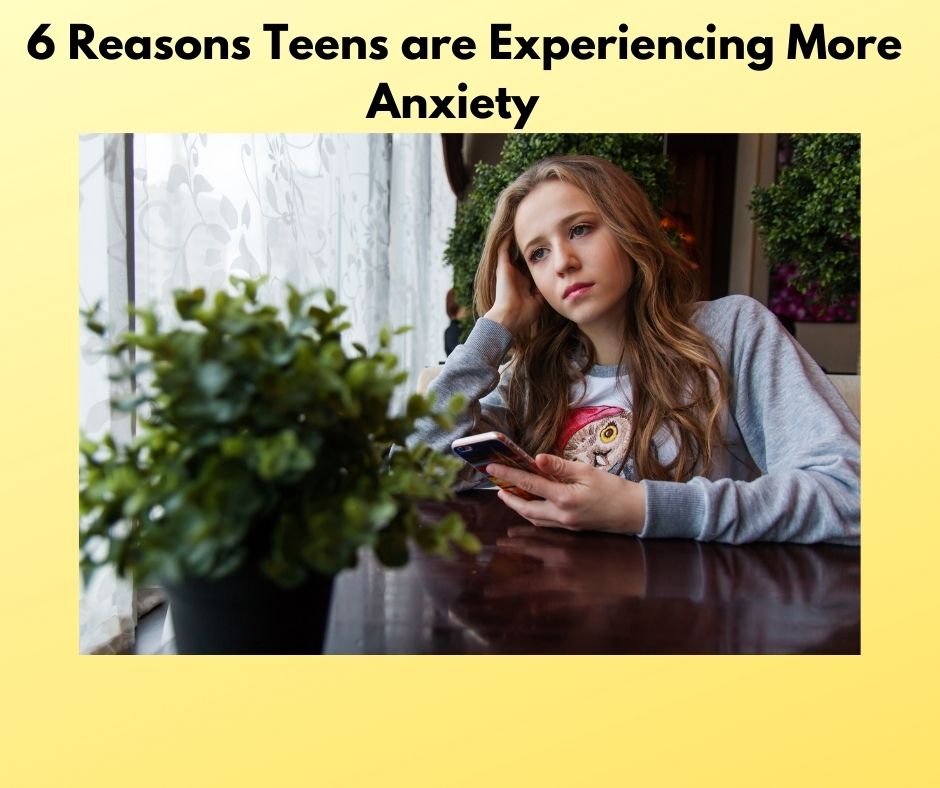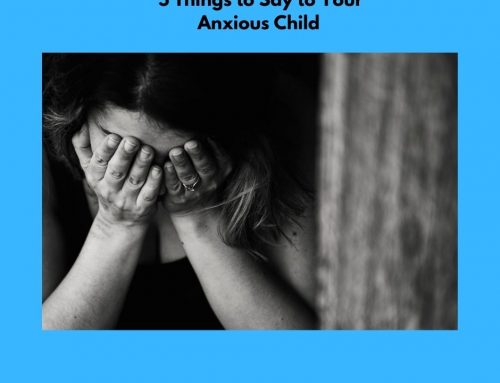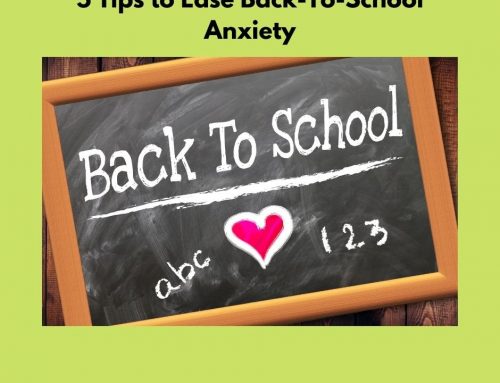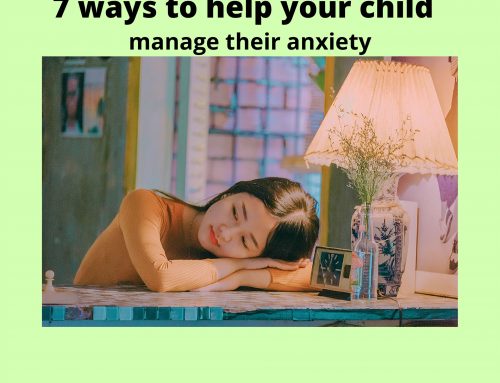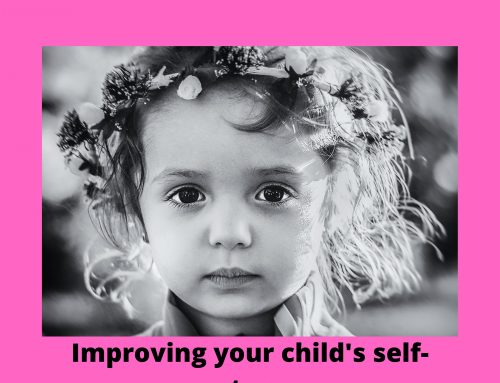Why is anxiety amongst teens so much more prevalent today? What’s changed? As societal norms and expectations change, the amount of anxiety amongst teens is increasing. When I first started my private practice 25 years ago, there was more of a focus on family dynamics. However, over the last number of years, I have seen a shift from family therapy to more individual work with teens and young adults.
In addition to genetics, personality and life events, factors also contributing to an increase in teenage anxiety are: fear of failure, the pressure to be perfect and the constant worry of how teens appear in the eyes of their peers. The following are other reasons why anxiety may be more prevalent today…
- The rise of the internet and social media: It is believed that many social media effects on mental health can be negative. Social media leads people to compare themselves and their lifestyle to others and can cause them to worry about missing out on things or not living up to certain standards. Today’s teens are constantly attached to social media in one form or another. They’re snapping, texting, facetiming, being influenced by YouTube personalities, instagramming… The unfortunate reality is, teens are comparing themselves to their peers’ highlight reels on social media and are rarely seeing the full picture.
- Poor sleep habits: We all know the importance of a good night’s sleep. It helps individuals manage their anxiety and function better day to day. Teens are spending many of their nighttime hours on social media. Being on an electronic device late into the evening hampers sleep and makes falling asleep more difficult.
- Adults/parents don’t know how to help kids face their fears: There’s no guidebook on how to parent, but parenting an anxious and afraid teen can be even more difficult. Do we force our kids to face their fears and anxieties or do we help them avoid them? It’s important for parents to realize, that on the other side of fear and anxiety is success and growth. We want to guide our kids towards that growth as opposed to protect them from the challenge. It’s not a matter of whether or not to help your teen face their fear, but how to do it in the most successful way possible.
- There’s too much of an emphasis on IQ vs. EQ: The ability to use emotions to guide thinking and behavior is a skill and strength that helps prepare teens for a successful adult life. Part of having a strong EQ is the ability to cope with your environment and the stressors that go along with teenage life. Kids these days seem so focused on their grades and their academic output; what’s missing is their ability to cope with the stress that inevitably goes along with the teenage years. Along with academics, we should be teaching our kids how to communicate and open up, how to fail and try again and how to be sympathetic and empathetic to the world around them.
- Parents are getting caught up in the competition: Parents today are working harder than their teens to make sure that they have the best resumes, are part of the most competitive extracurricular activities and do the best in school. It’s a lot of pressure and quite anxiety inducing. Many kids feel that they have to be the best at whatever they try. The pressure to live up to these expectations can be so difficult for some kids and lead to fear of failure and insecurity.
- A world that feels threatening: We’ve seen an increase in school shootings, terrorist attacks all around the world, shootings in public places and the recent COVID pandemic. With the constant barrage of news reports and the recent lockdowns over the last year, how can teens not feel more anxious? Teenagers and adults alike have been battling isolation, depression, anxiety and uncertainty.
Whatever the cause, chronic anxiety can lead to many serious mental health problems. It can interfere with the ability to cope with daily demands and can leave teenagers feeling overwhelmed and depleted. In order to help your teen, it’s important to be aware of the signs of anxiety and to keep the lines of communication open. Be there for your kids and help them learn how to cope with stress and manage their feelings.

